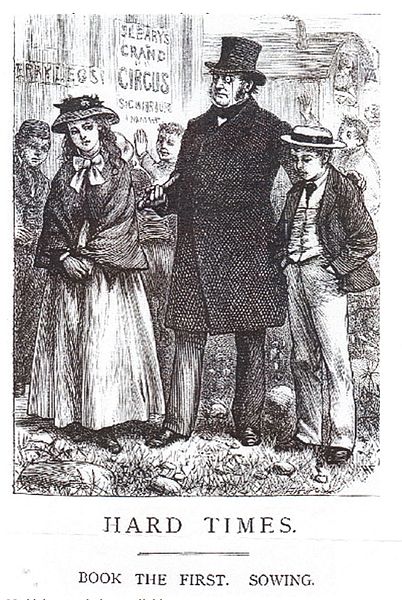
(Image from MotherJones.com)
What we want are unpractical people who see beyond the moment and think beyond the day.
– Oscar Wilde
There is much, much more to being progressive than just “making progress.”
The progressive doesn’t just act progressively, he or she thinks progressively, beyond the merely possible to the possibilities inherent in the impossible. Last night’s debate on MSNBC made it clear which of the two remaining Democratic presidential candidates understands this.
Again and again, parsing the term in a highly simplistic fashion, Hillary Clinton insisted that her ability to “make progress” makes her a “progressive.” And again and again, she dismissed the big ideas (universal healthcare, reinstating Glass-Steagall, taking the price tag off of public higher education) as third-rail politics. They’ll never pass, she insisted, so why bother?
Why bother? The true progressive “bothers” with these issues precisely because they will be hard to sell, and even harder to implement. Precisely because there is a good chance they will never pass.
The true progressive understands that forward movement is often mistaken for progress when it is really just inertia. That sometimes true progress entails no movement at all. That progressive rhetoric must fail often in order finally to succeed.
The true progressive knows that sticking with ideas that fit within the present paradigm is not enough. True progressives deal in ideas so big that the paradigm can no longer contain them, explain them away, or hide them from view–because then, and only then, will the paradigm shift and make way for real, meaningful change to happen.
Clinton has already referenced, repeatedly, the fact that she would be the first female president, and has presented that as a selling point on its own merits. And while that would (and will one day) be a milestone of great importance in American history, it cannot be the sole motivating factor in a voter’s decision.
It is not enough to vote for the first female president simply because of her gender. Were that the case, every feminist in America should have marched to the polls in support of Sarah Palin or Michele Bachmann. No, the first female president must also be a good choice on policy grounds, and the refusal to contemplate big ideas because they offer a challenge (perhaps even an impossible one) to policymakers makes Clinton a bad choice on those grounds.
The former Secretary of State also claimed, last night, that there are few who would consider her a member of the establishment, based largely on the fact of her gender. Well, I count myself among those few. Again, Palin, Bachmann, and now Fiorina offer a ready counter to the suggestion that women cannot belong to the establishment. And while, on the whole, I prefer Clinton’s approach to those of the aforementioned contradictions, her repeated rejection of the monumental but difficult in favor of the small but doable causes me to question her ability to effect meaningful and lasting change. Not because she couldn’t if she wanted to, but because she seems unwilling to try.
One day, hopefully soon, the United States will meet its first female president, and she will blow the doors off the way we think as a nation, and redefine the parameters of social justice as applied in our society. And that woman will receive my whole-hearted support (not to mention my whole-hearted vote at the polls). But Hillary Clinton is not, to my mind, that woman.
So, we are left once again with a choice between men, and of those men, Bernie Sanders best embodies the imagination and big thinking that are the hallmark of the true progressive. If nothing else, he has shed a more positive light on the idea of socialism, and reminded us of the “social” part of it all: one can embrace communitarianism without surrendering to authoritarianism. It is possible (and more than that, it is necessary if we are to thrive as a nation) to put our neighbors first without ourselves disappearing from view.
Being a toad (being The Toad) is all about rejecting the limits others would place upon my imagination and/or will to change. It’s about insisting on my right to wild, idealistic dreamery. And Sanders’ campaign is built on toads–people who refuse to discard ideas because they are difficult, or because they’ve never worked before, or because they challenge the status quo. After all, we would not as a nation even exist were it not for our willingness to pursue freedom in new and mold-breaking ways.
So this Toad’s for Bernie…even if he doesn’t win. I’d rather back a long shot who dreams big than a sure thing who thinks small. And Sanders’ success to this point proves that, in this, I am not alone.
There is much, much more to being progressive than just “making progress.” It’s about making progress that matters.







